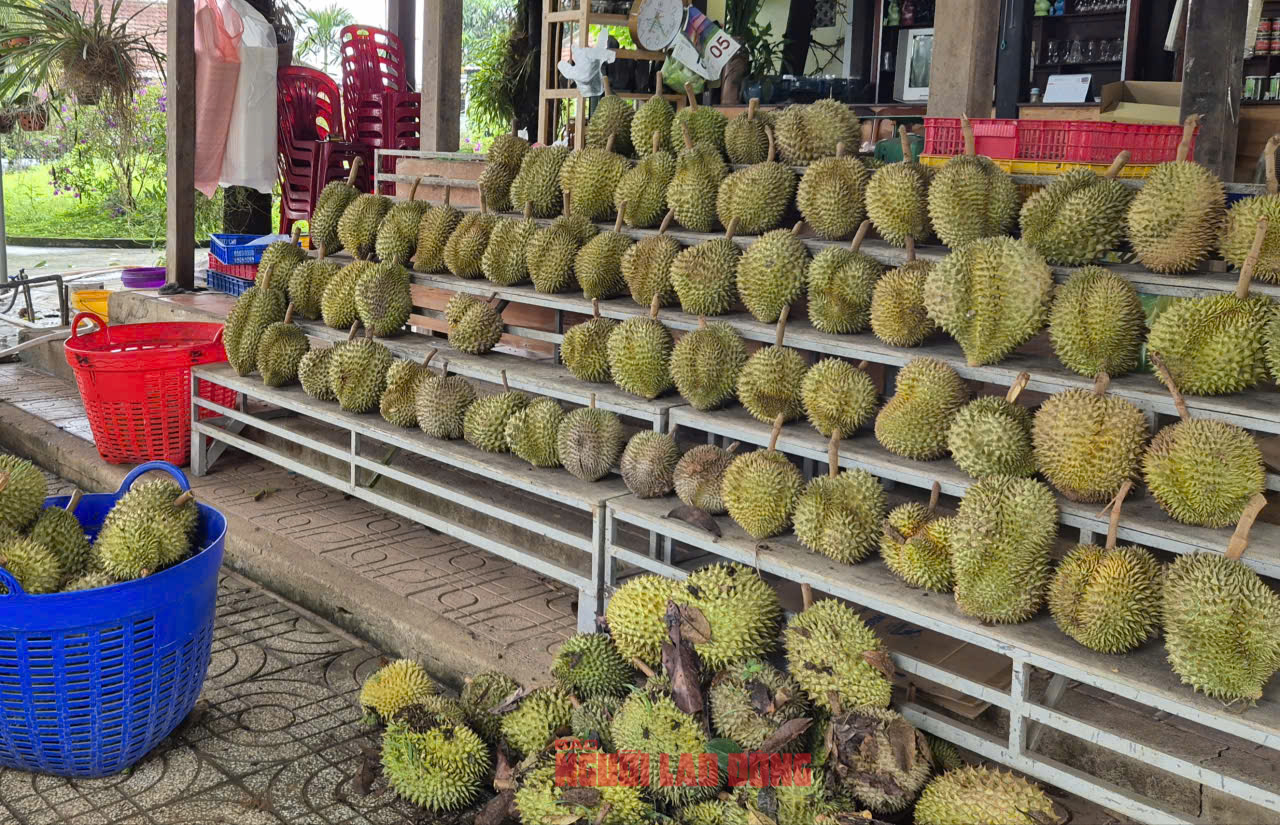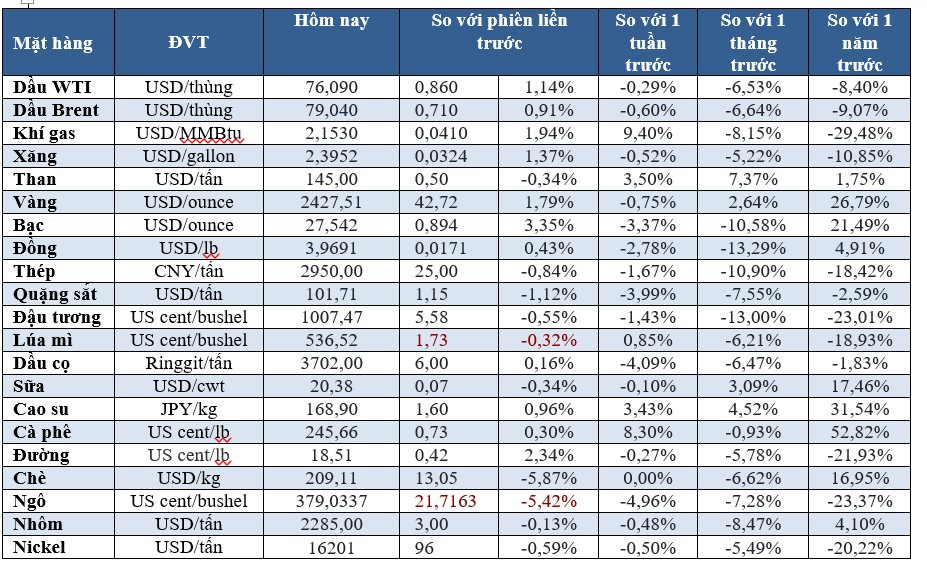The Durian Conundrum
In Ho Chi Minh City, durian carts have been a common sight on the streets lately. Some vendors who used to sell durians at VND 50,000/kg have now lowered their prices to VND 35,000/kg, all of which come with a satisfaction guarantee. The vendors attribute this price drop to the current abundance of the fruit during its season.
The Paradox of Durian Pricing
Numerous social media accounts have been advertising durians from their home gardens, such as Dona durians (either Thai or Monthong) at extremely competitive prices ranging from VND 50,000-60,000/kg for whole fruits and VND 130,000-140,000/kg for frozen, de-husked durians, excluding shipping costs from Dak Lak.
These prices are significantly lower than what is typically found in Ho Chi Minh City, where de-husked durians rarely dip below VND 200,000/kg.
Ms. Huan, owner of a 2-hectare durian garden in Dak Lak, shared that despite the upcoming harvest season, she has yet to receive any pre-orders from traders. With some fruits already falling from the trees, she is considering retailing and freezing the de-husked durians to sell them gradually.
However, durian depots are announcing increased purchasing prices. For instance, depot L.D in Dak Lak is buying Dona durians of type A for VND 79,000/kg and type B for VND 58,000/kg, which is VND 7,000/kg higher than on August 15th.

Fallen and lower-grade durians are often sold at very low prices.
Unraveling the Reasoning
Mr. Nguyen Dinh Tung, Chairman of the Board of Vina T&T Group and Vice Chairman of the Vietnam Fruit and Vegetable Association, shared that his company purchased Dona durians of type A for VND 96,000/kg and type B for VND 76,000/kg on the same day, which is VND 10,000/kg higher than the previous week. They export an average of one container to the Chinese market daily. “Prices are up, but our standards for selecting fruits are stricter to minimize risks. Lower-grade fruits command lower prices,” said Mr. Tung.
Ms. Nguyen Thai Huyen, CEO of Vietnam Nong Phat Agriculture Company, which operates close to the source of durian supply, shared that this year’s abundant rainfall has negatively impacted the quality of durians. Very few gardens have produced durians that meet the desired standards for appearance and taste.
“In some gardens, out of ten fruits, only one meets the standards for type A, while the other nine are considered lower-grade. We are currently buying in bulk from gardens within our ecosystem for VND 50,000-70,000/kg, depending on quality, and we do not source from outside,” Ms. Huyen informed.
Ms. Huyen further added that last year, her company’s garden sold durians for VND 106,000/kg, but this year, the price has dropped to VND 76,000/kg. The durian industry is increasingly demanding higher standards for food safety, quality, and appearance, making it a more challenging market than before.
Unveiling the KDC Hiệp Bình Chánh Scandal: Did Tycoon Lưu Quang Lãm Mortgage Sold Land, with the Bank Turning a Blind Eye?
The “red books” of numerous residents in the KDC Hiep Binh Chanh area have been mysteriously included as collateral for loans totaling over VND 208 billion at various banks, all to benefit the wealthy businessman Luu Quang Lam.
Accelerating the Construction of the Road Connecting Pham Van Dong to Go Dua Intersection – National Highway 1
“Vice Chairman of the Ho Chi Minh City People’s Committee, Bui Xuan Cuong, has urged the Department of Construction to expedite the approval of the adjusted basic design for the project connecting Pham Van Dong Street to the Go Dua intersection on National Highway 1 within this August. “




















